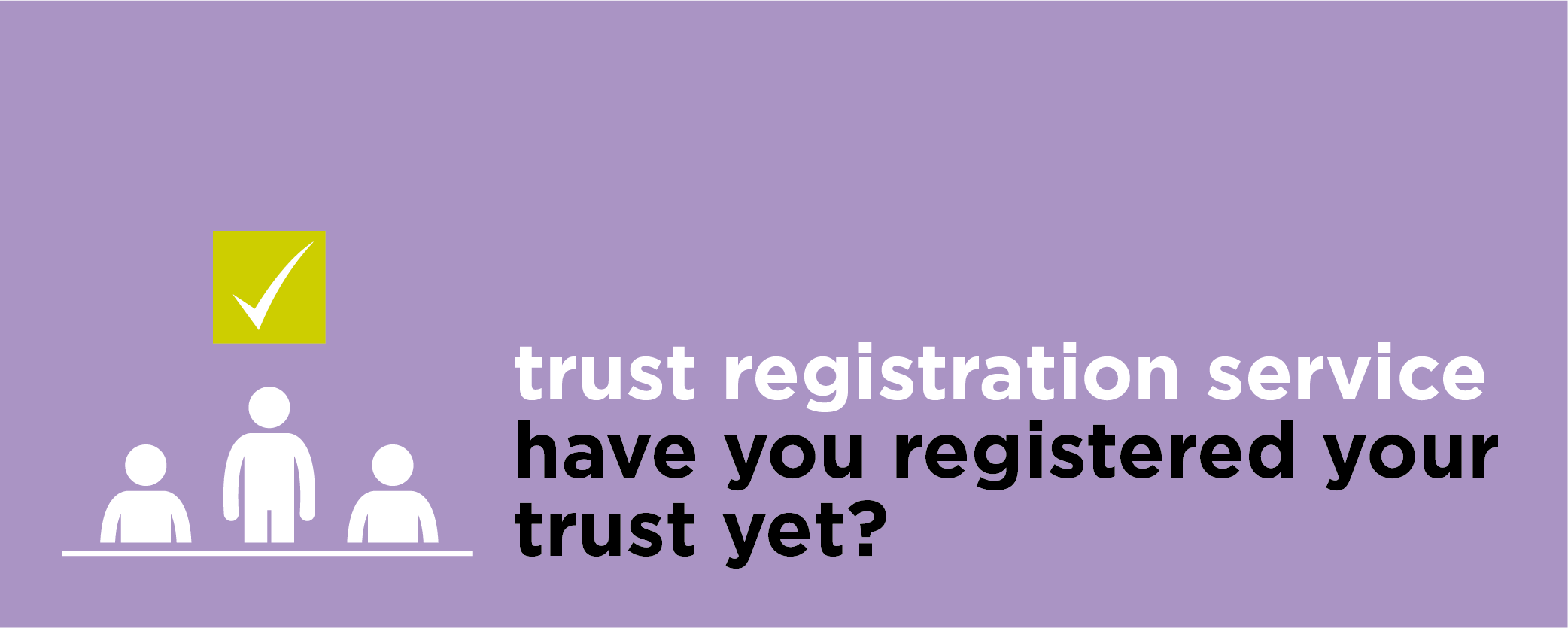- Basildon 01268244144
- Chelmsford 01245453800
- Colchester 01206217300
- London 020 4586 1280

We are now coming very close to the 1 September 2022 deadline to register trusts with HMRC’s Trust Registration Service (TRS).
If you are a trustee, or you administer or benefit from a trust, it’s very important that you understand how recent changes to the TRS may affect you and your trust.
Following the introduction of the Fifth Money Laundering Directive (5MLD) all UK resident trusts in existence on or after 6 October 2020 (other than those which are specifically excluded), will need to be registered by the trustees, or their agent, on HMRC’s TRS before 1 September 2022. Initially in 2017, trusts were only required to be registered where there was a UK tax liability.
However, this has now changed and all express and bare trusts, whether taxable or non-taxable, need to be registered.
What Trusts need to be registered?
Most trusts now need to be registered. Examples of trusts which need to be registered include but are not limited to:
- Express trusts - unless included on the exclusion list provided by HMRC (see below)
- Bare trusts - for example, assets held on behalf of another individual
- Land/property where legal owners and beneficial owners are not the same - examples include declarations of trust where a married couple completed a declaration of trust to split the ownership and income between them. Another example includes parents who have contributed a deposit towards a property purchase for a child which they gain back upon any sale.
What are the exclusions?
According to HMRC’s guidance, you do not need to register your trust if it:
- holds money or assets of a UK registered pension scheme - like an occupational pension scheme
- holds life or retirement policies (as long as the policy only pays out on death, terminal or critical illness or permanent disablement, or to meet the healthcare costs of the person assured)
- holds insurance policy benefits received after the person assured has died (as long as the benefits are paid out from the trust within 2 years of their death)
- is a charitable trust that is registered as a charity in the UK or which is not required to register as a charity
- is a ‘pilot’ trust set up before 6 October 2020 and holds no more than £100 - pilot trusts set up on or after 6 October 2020 need to register
- is a co-ownership trust set up to hold shares of property or other assets which are jointly owned by 2 or more people for themselves as ‘tenants in common’
- is a will trust, created by a person’s will and comes into effect when they die (as long as they only hold the estate assets for up to 2 years after the person’s death)
- is for bereaved children under 18, or adults aged 18 to 25, set up under the will (or intestacy) of a deceased parent or the Criminal Injuries Compensation Scheme
- is a ‘financial’ or ‘commercial’ trust created in the course of professional services or business transactions for holding client money or other assets
If you have not yet registered your trust, or are unsure whether your trust needs to be registered, please contact us as soon as possible. The reporting requirements for this new legislation in most cases need to be met by 1 September to avoid late filing penalties.
For further information and advice please contact Katie Hayden on 01245 453837 or katie.hayden@birkettlong.co.uk for a free 15 minute discussion.



Comments